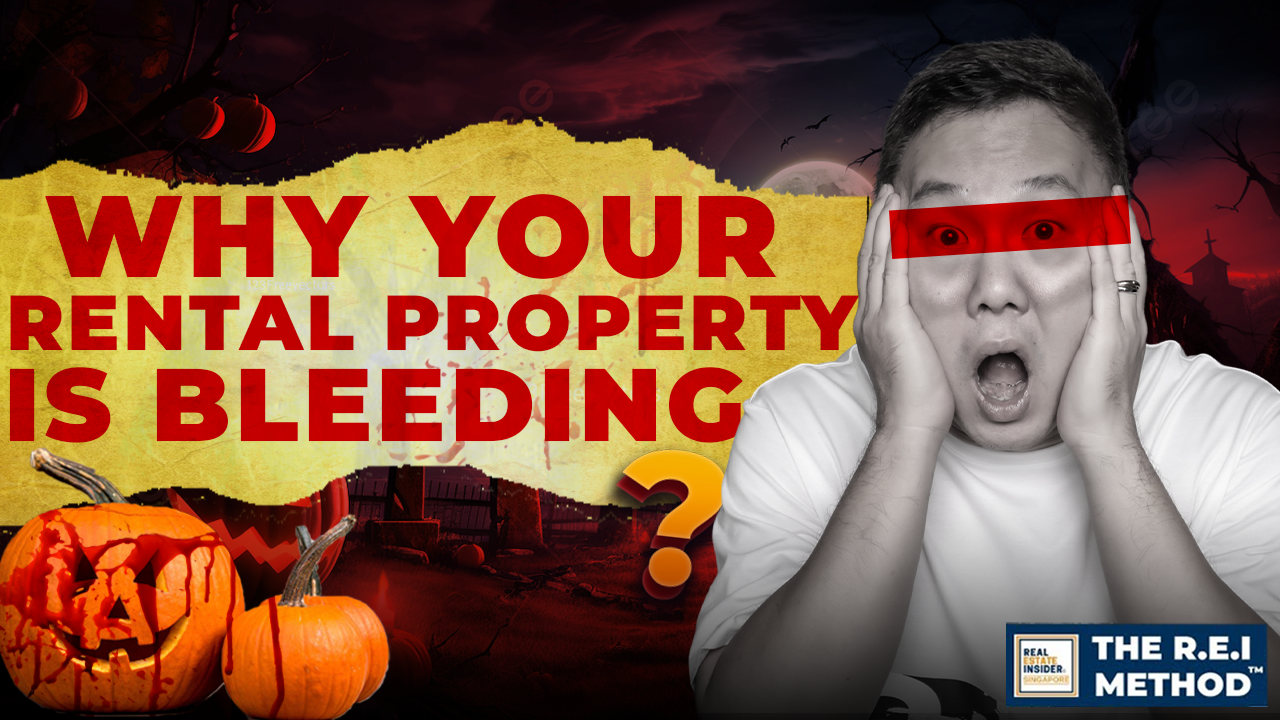At first glance, renting out a property seems like a smart way to earn passive income. You get regular cash flow, potential appreciation over time, and someone else (the tenant) helps pay down your mortgage. However, reality isn’t always so straightforward.
Many investors find that renting can lead to unexpected complications and financial downsides. In this post, we’ll explore the risks and potential pitfalls that make renting out your property a possible financial mistake.
1. Negative Cash Flow: When Income Doesn’t Cover Costs
Many first-time landlords underestimate the full scope of property expenses. Beyond mortgage payments, you’ll need to budget for:
- Property taxes
- Maintenance and repairs
- Insurance premiums (often higher for rental properties)
- HOA fees (if applicable)
- Property management services (if you hire one)
- Vacancies and non-paying tenants
If these costs outpace your rental income, you could end up with negative cash flow, draining your personal savings or forcing you to subsidize the property from other sources of income.
Tip: Always conduct a thorough cash flow analysis before committing to becoming a landlord.
2. High Maintenance and Repairs Costs
Rental properties inevitably endure more wear and tear than owner-occupied homes. Tenants may not take the same level of care with the property, and unforeseen repairs like plumbing issues, roof leaks, or HVAC breakdowns can wipe out months of profits.
Maintenance costs can also fluctuate — one year you might spend little, but the next could bring a series of costly repairs. Without a significant buffer fund, unexpected expenses can lead to financial stress.
3. Vacancies Can Be Costly
The dream scenario is to have a tenant in place year-round, but reality can be different. Every vacancy creates a financial gap — no rent coming in, but you still need to pay the mortgage, utilities, and other costs.
Depending on the property’s location and market conditions, finding a reliable tenant can take weeks or even months. Prolonged vacancies could lead to significant losses, especially if you have multiple properties or a highly leveraged portfolio.
4. Dealing with Difficult Tenants
Even with careful tenant screening, there’s always a chance you’ll encounter problematic tenants — those who:
- Delay rent payments
- Violate the terms of the lease
- Cause property damage
- Refuse to vacate at the end of the lease
Eviction is not only emotionally draining but also costly and time-consuming. In many places, tenants have legal protections that make it difficult to evict them without proper cause, potentially leading to months of lost rent and legal fees.
5. Rental Income is Not Always "Passive"
Many people assume rental income is passive, but in reality, it often requires active management. Even if you hire a property manager, you still need to oversee their work, respond to emergencies, make decisions on repairs, and deal with tenant issues.
For some landlords, the time and energy required for property management can outweigh the financial benefits, especially if they have a demanding day job or multiple rental properties.
6. Market Risks and Property Value Declines
Real estate values don’t always go up. Market downturns or changes in neighborhood desirability can cause property values to stagnate or decline. If the property’s value drops below your mortgage balance, you may face difficulty selling or refinancing.
Meanwhile, rental demand can also fluctuate. An oversupply of rental units in the area could force you to lower your rent, reducing your profit margins.
7. Tax Complications and Liabilities
Rental income is taxable, and managing taxes for a rental property can be more complex than filing personal income tax. There are also potential liabilities — such as being sued by a tenant for injuries on the property.
Although landlords can deduct some expenses, e.g., repairs, property management fees, rental income must be reported. You might need to hire an accountant, adding more expenses to your bottom line.
8. Missed Opportunities for Other Investments
Real estate investments can tie up a large portion of your capital. The money you’ve invested in a rental property could potentially earn better returns elsewhere — such as stocks, mutual funds, or even short-term investments with fewer risks and higher liquidity.
For example, the long-term average annual return on the stock market is about 7-8%. If your rental property isn’t generating comparable returns (after deducting expenses), you might be better off diversifying your investments.
When Does Renting Out a Property Make Sense?
While there are challenges, renting out your property might still make sense if:
- You have a high-demand property in a desirable location.
- Your mortgage is low or fully paid off, minimizing risks.
- You have experience in property management or are comfortable hiring professionals.
- Your long-term goal is to build equity over time, even if short-term cash flow is minimal.
Conclusion: Weigh the Pros and Cons Carefully
Renting out property can be profitable, but it’s far from a guaranteed path to wealth. The financial, emotional, and time investment required can be overwhelming, especially for new landlords. If you’re not prepared for the challenges of vacancies, maintenance, tenant issues, and market risks, renting might feel more like a burden than a benefit.
Before committing, do a comprehensive financial analysis and evaluate other investment options. Renting out a property works best when you’re fully aware of the risks and rewards — and ready to handle the unexpected. Otherwise, you might find yourself trapped in a financial mistake that takes years to correct.
